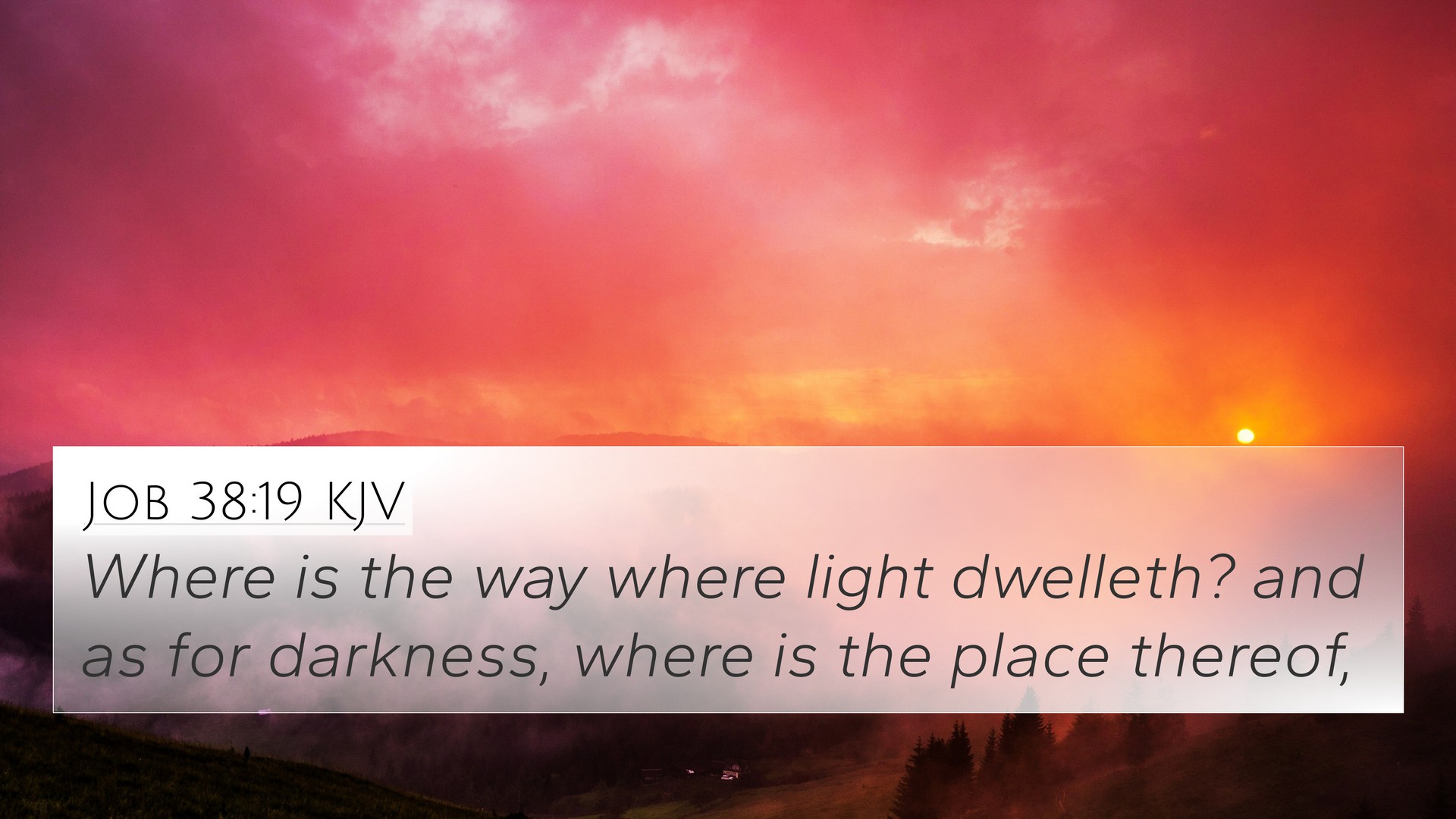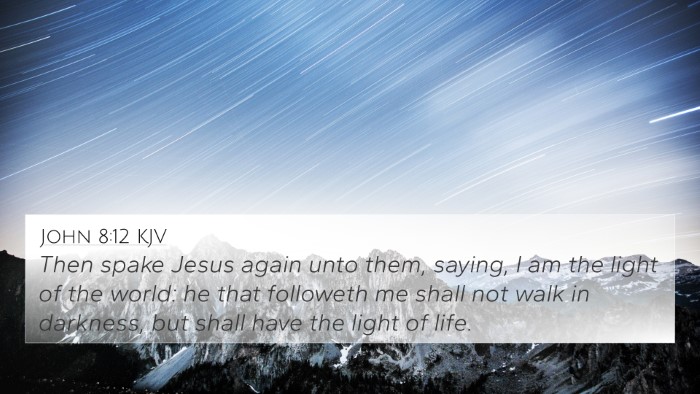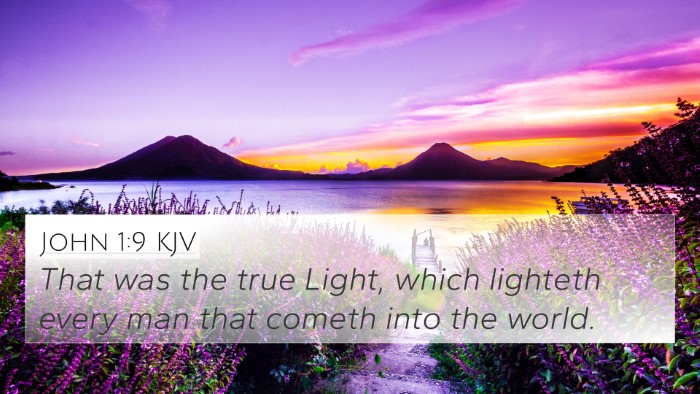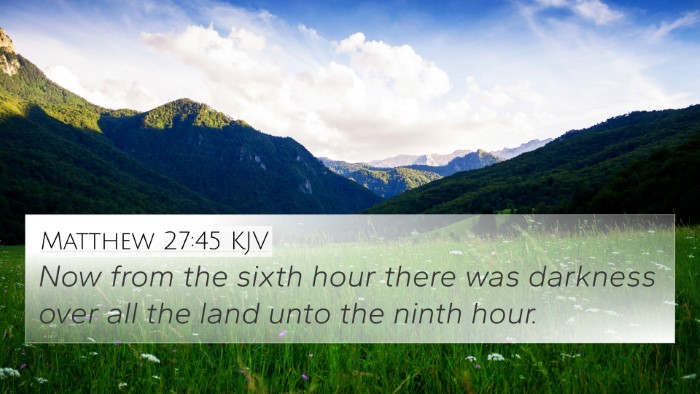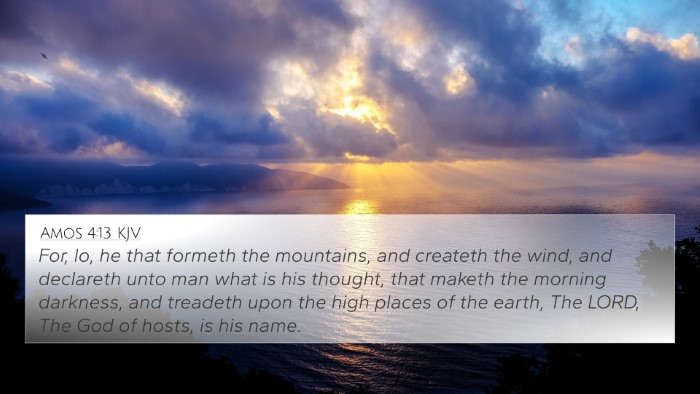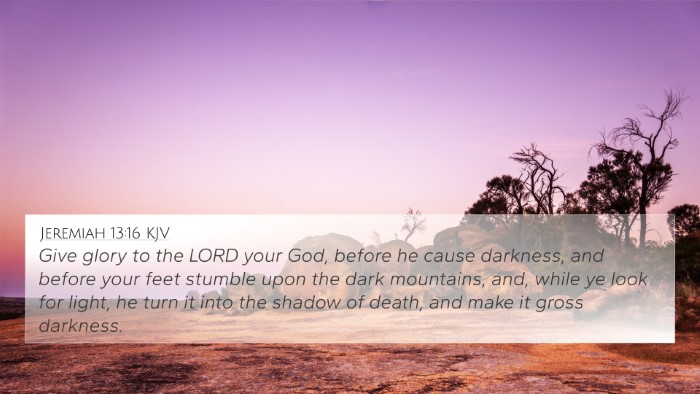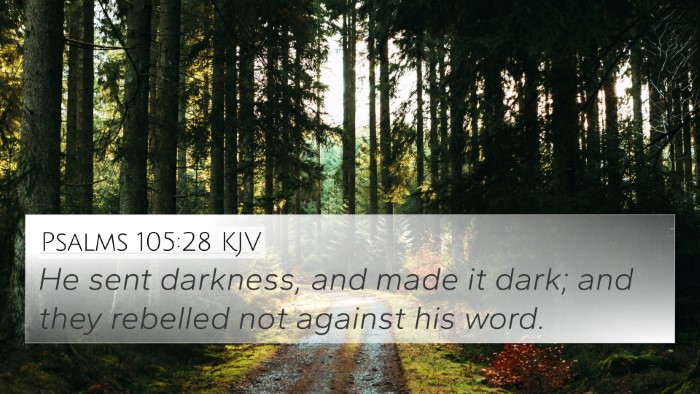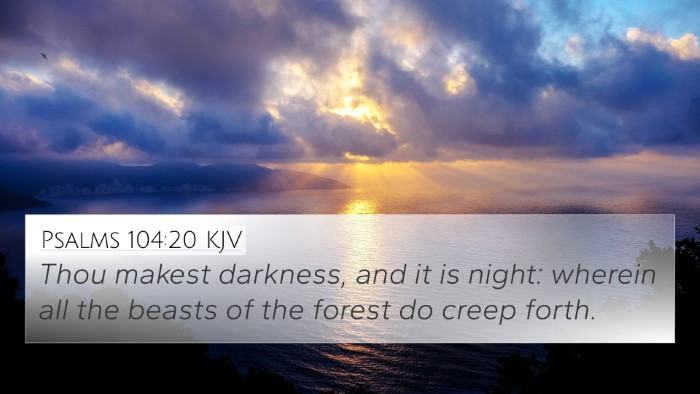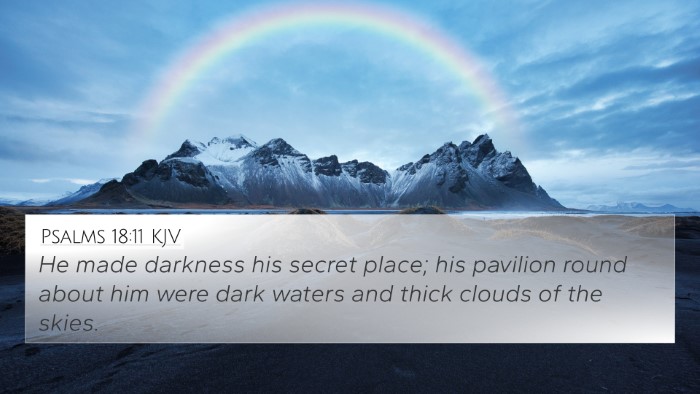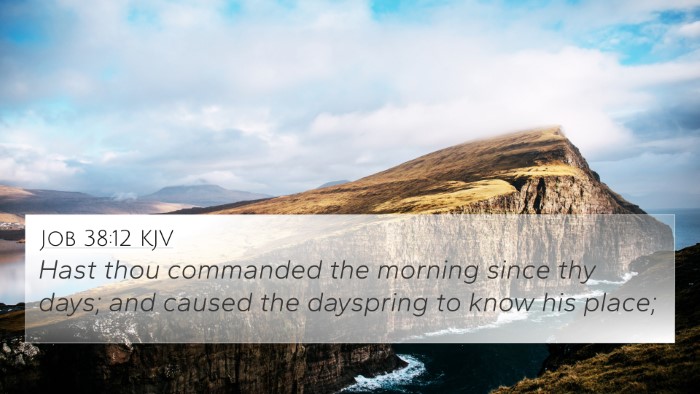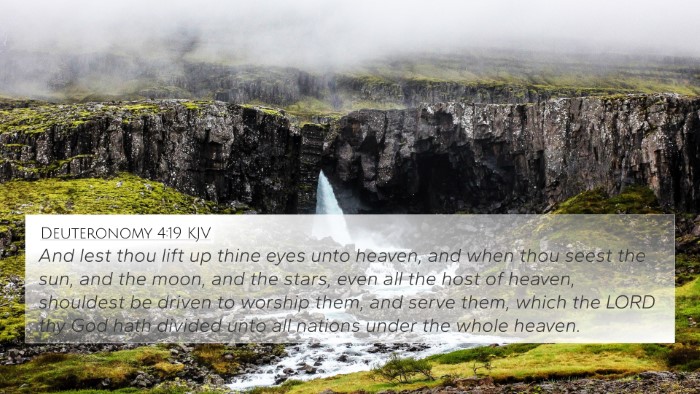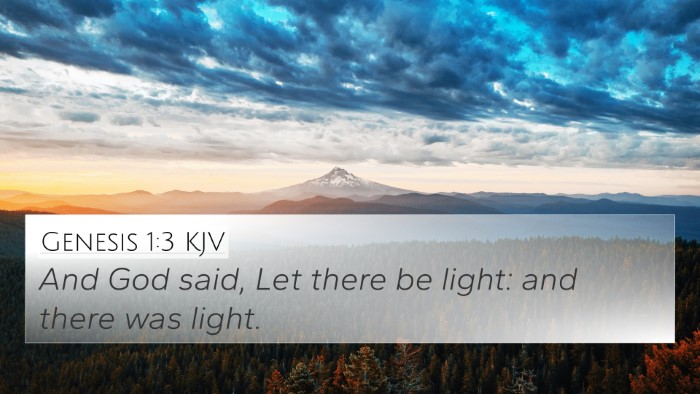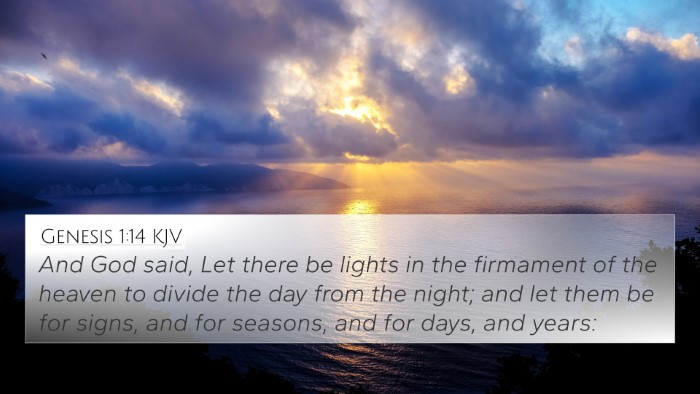Understanding Job 38:19
Job 38:19 (NIV): "What is the way to the place where the lightning is dispersed, or the place where the east wind is scattered over the earth?"
This verse is a part of a larger discourse where God speaks to Job out of the whirlwind, addressing profound questions concerning the nature of creation and divine sovereignty. The verse highlights themes of God's omniscience and the mysteries of natural phenomena.
Summary of Insights from Commentaries
- Matthew Henry's Commentary:
Henry emphasizes the challenge posed by God to Job, calling attention to the limits of human understanding when it comes to divine knowledge and the order of the universe. The reference to "lightning" represents the incredible power of God in nature and serves to remind Job of his place in creation.
- Albert Barnes' Commentary:
Barnes elaborates on the rhetorical nature of the question posed in this verse. He notes that the mention of lightning and the east wind signifies natural forces that are beyond human control and comprehension, suggesting that if Job cannot understand the creation of these elements, he should refrain from questioning the Creator's ways.
- Adam Clarke's Commentary:
Clarke reflects on the poetic imagery used in this verse. He discusses how lightning and wind exemplify God’s authority over nature and illustrate a level of wisdom that transcends human perception. Clarke also notes the spiritual implications of trusting in divine wisdom, even amid suffering and confusion.
Thematic Connections and Cross-References
Job 38:19 asks profound questions about creation, authority, and understanding, linking it to several other verses throughout the Bible:
- Psalms 104:3: "He lays the beams of his chambers on the waters; he makes the clouds his chariot; he rides on the wings of the wind."
This verse parallels Job's inquiry into wind, emphasizing the majesty of God over elements of nature.
- Ecclesiastes 11:5: "As you do not know the path of the wind, or how the body is formed in a mother's womb, so you cannot understand the work of God, the Maker of all things."
This verse reinforces the theme of human ignorance in understanding God's creative processes.
- Isaiah 40:26: "Lift up your eyes on high, and see who created these. He who brings out their host by number, calling them all by name; by the greatness of his might and because he is strong in power, not one is missing."
Isaiah echoes the exaltation of God’s creative authority and power, complementing Job’s themes.
- Matthew 5:45: "For he makes his sun rise on the evil and on the good, and sends rain on the just and on the unjust."
This New Testament verse reflects the impartiality of God’s power over creation, connecting to the elements mentioned in Job.
- Romans 1:20: "For since the creation of the world God's invisible qualities—his eternal power and divine nature—have been clearly seen, being understood from what has been made, so that people are without excuse."
This verse underlines God's qualities through creation, resonating with Job's wonder at natural phenomena.
- Job 26:7: "He stretches out the north over empty space; He hangs the earth on nothing."
This verse similarly reflects the majesty and omnipotence of God in creation, enhancing the depth of Job 38:19.
- Habakkuk 3:4: "His brightness was like the light; rays flashed from his hand; and there he veiled his power."
The reference to light connects to the lightning in Job 38:19, revealing God’s majestic presence in nature.
- Jeremiah 10:13: "When he utters his voice, there is a tumult of waters in the heavens, and he makes the mist rise from the ends of the earth."
This verse emphasizes God’s control over water and the elements, linking back to Job's observations.
- Psalm 148:8: "Fire and hail, snow and mist, stormy wind fulfilling his word!"
The elements continue to serve as testimonies of God’s authority, which Job acknowledges in his inquiries.
Conclusion
Job 38:19 serves as a profound reminder of the vastness of God’s creation and the limited understanding of humanity. The questions posed call for humility and acknowledgement of divine wisdom. Through cross-referencing other Biblical texts, we can see consistent themes of God's omnipresence and sovereignty over nature, reminding us to trust in God's plan even when faced with life's difficulties.
Further Study and Tools
For those seeking deeper insights into similar themes, utilizing a Bible concordance can facilitate cross-referencing Bible study. Tools for Bible cross-referencing can help identify connections between Bible verses, enhancing understanding and fostering a comprehensive view of Scriptural teachings.
